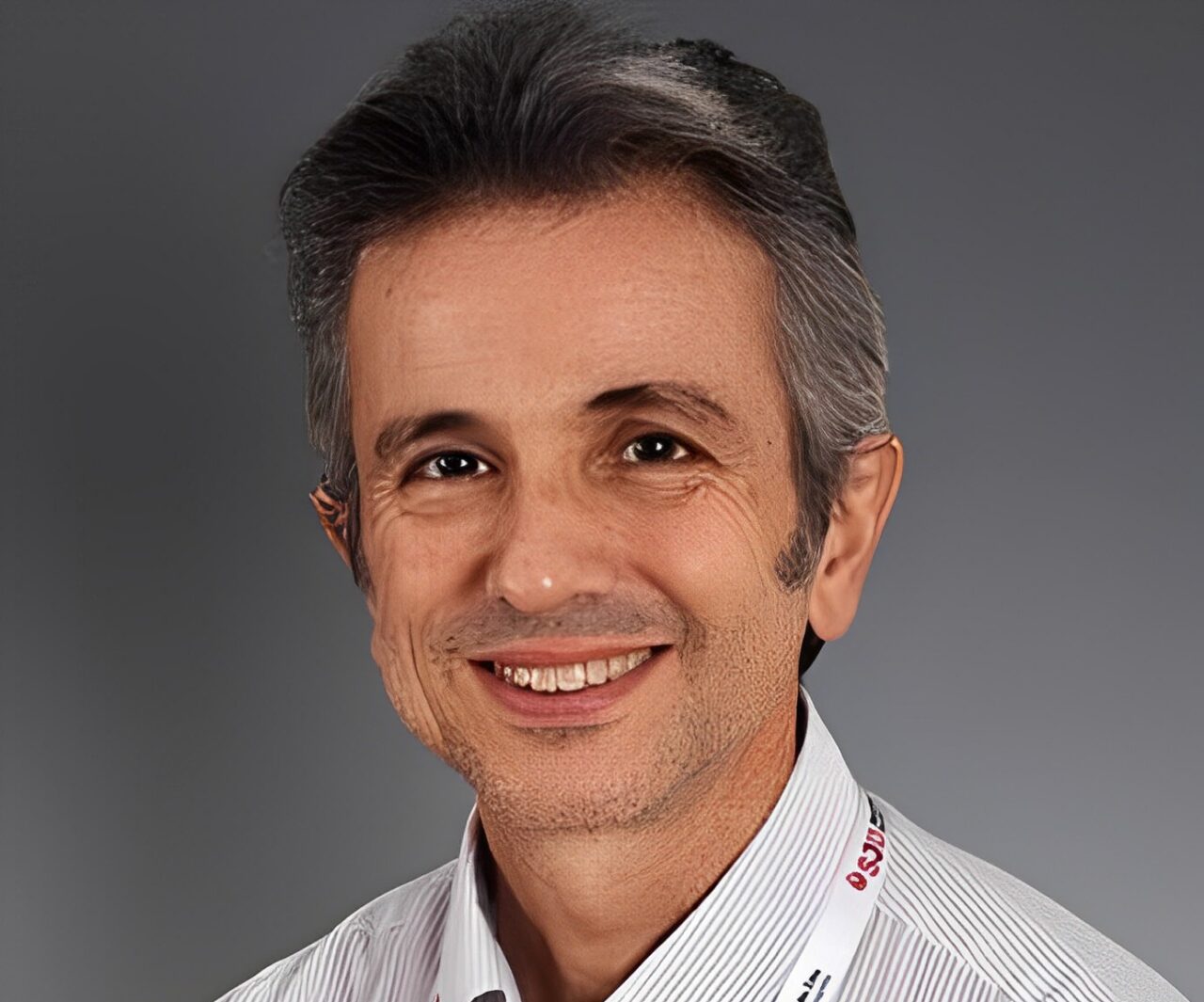Guillermo Chantada, President of the International Society of Paediatric Oncology (SIOP), posted on LinkedIn:
“Sometimes, I am asked about the value of international collaborations. This study is an example of what can be achieved. The topic is of interest for low and middle income countries (metastatic retinoblastoma), the patients are there where it is a health problem (it is one of the tumors selected by the WHO for priority action).
Doing it took many years, it started when I worked at the Hospital de Pediatria J P Garrahan. I remember families willingly participating, signing informed consent, parental groups like Fundación Natalí Dafne Flexer suporting, research fellows participating in the clinical discussions, MDs learning about cell cultures going to the OR to take the specimens on a weekend.
This study involved academic centers like Instituto Leloir and international partners like Barcelona Children’s Hospital Sant Joan de Déu, Institut Curie and Memorial Sloan Kettering Cancer Center. Argentinian official funding agencies also supported this project.
Fellows from Argentina learned how to do some techniques, these technologies were implemented there and generated knowledge applicable worldwide.
International collaborations are not an LMIC sending specimens to HICs. They are, as in this case, a way of generating original knowledge to solve problems in LMICs, a way to train local researchers resulting in impactful publications (first and last author from LMIC) for the common good.
Unfortunately, there are increasing barriers to international research collaborations worldwide, especially when there are LMIC-HICs collaborations. There are increasing limitations for the study of biological specimens outside the country borders. The voice of patient’s organizations is critical to continue to advance in research in LMIC.
I hope studies like this can be done more often.”
Read further.
Source: Guillermo Chantada/LinkedIn


